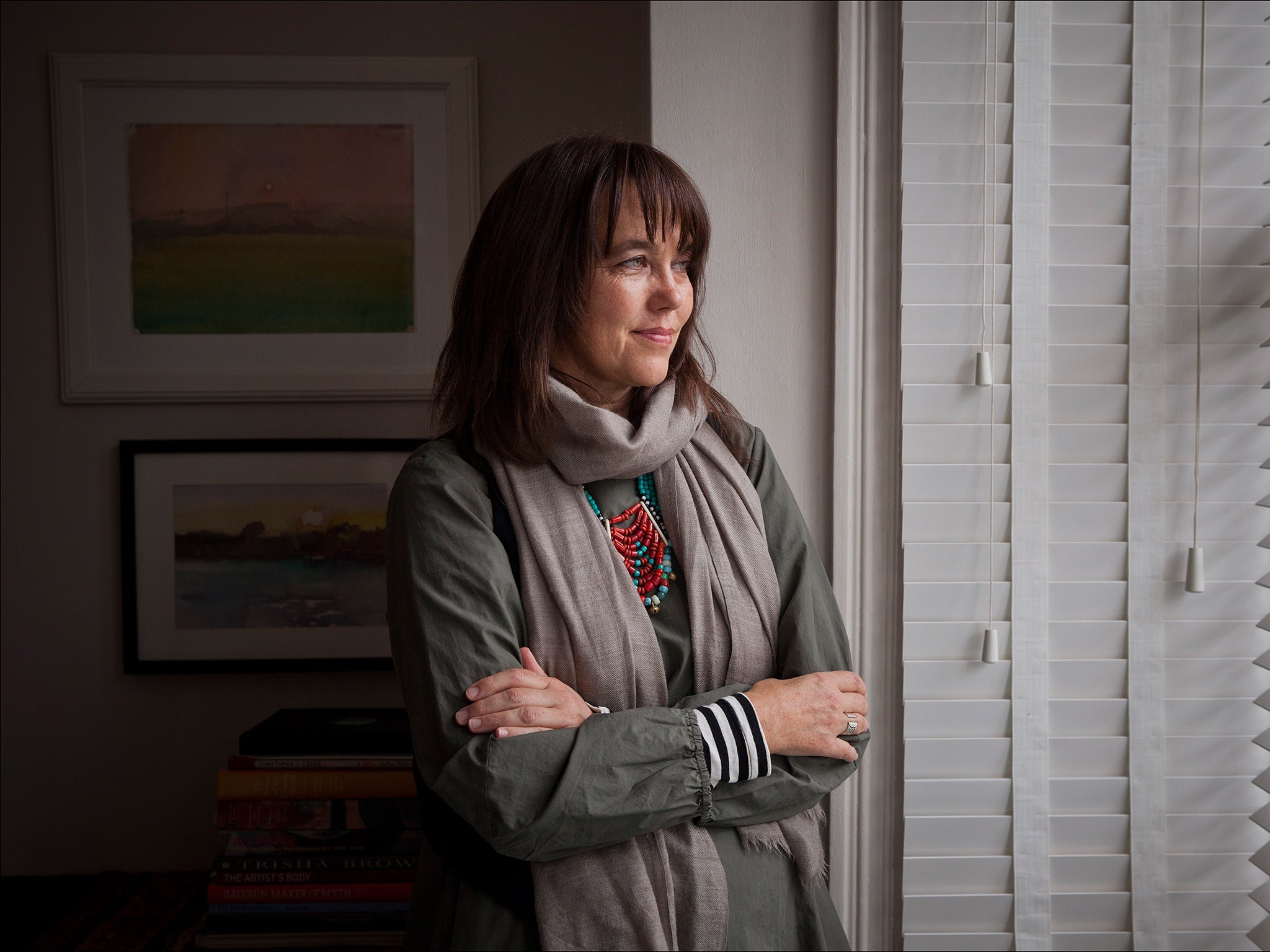Why being a childless woman is rarely a simple case of choice or infertility
An estimated 80% of women who don't have children are 'childless by circumstance', rather than choice or medical reasons

Before I became a statistic, by reaching my mid-forties without having children, I thought, as many of us do, that there were two ways to become a childless woman: you either didn’t want them (“child-free”) or you were infertile. It has been estimated that 80 per cent of women who don’t have children are “childless by circumstance”, a phrase coined by the Australian academic Dr Leslie Cannold in her 2005 book, What, No Baby?
The figure comes from the work of Dr Renske Keizer, a professor at Erasmus University Rotterdam, who in a 2010 meta-analysis of data from the Netherlands and the US estimated that 10 per cent of women without children are childless by choice, 10 per cent for medical reasons, and 80 per cent by circumstance. Applied to statistics about UK women, it can be estimated that there are (or shortly will be) almost 1.5 million women in their forties and fifties here who won’t have children, with only 10 per cent of those being unambiguously by choice.
But choice is a complicated word, and such things can look very different in hindsight. I know this from experience. As a teenager and young woman, I was against the idea of having children, shaped by the experience of my mother, who had me “out of wedlock” at 18. Thus, when I got pregnant at 20, terrified and totally unready for motherhood, I had an abortion. I don’t regret it.
At 26, I got married. I told my husband I didn’t want children. It was a conversation that we should have been encouraged to have in greater depth. I was fortunate that, when I changed my mind at 29, he was happy to go along with that, too. Other couples don’t always have the same experience, and this can be another way not to become a mother: your partner doesn’t want children (or more children), even if they once said differently. It turned out that I was unable to conceive. I was one of the many women diagnosed with “unexplained infertility”.
My thirties ticked on in a haze of hope, pain and bizarre alternative treatments. I was against the idea of in vitro fertilisation (IVF) because I didn’t think I could keep the wheels on the road in both our marriage and the business we ran together if I also had to cope with the mood swings associated with the hormonal treatments. Well, that was what I told myself… In hindsight, I wonder if some of my earlier ambivalence about having children had crept in. By the time I was 37, and having had a rocky start in life myself, I knew that I couldn’t bring a child into the chaotic environment that my delightful but emotionally unsteady husband was wrapped up in.
Perhaps not surprisingly, that realisation was the beginning of the end for our marriage and the beginning of my next adventure in babymania – a foray, at the age of 40, into the then-new world of internet dating to find a partner to “do IVF” with. Two failed relationships later, I threw in the towel.
Perhaps the most difficult-to-digest reason for childlessness is that of never having been in a suitable relationship. (And, in our patriarchal society, to be past your childbearing years having never been “chosen” evokes antiquated images of being “left on the shelf”. If you think I’m exaggerating, think of how, in just one generation, the most shamed female stereotype has shifted from being an “unmarried mother” to being a single, childless woman over 40. It’s open season on her, as all the “crazy cat-lady” jokes show.)
In case you were wondering, adoption wasn’t an option for me as a single, childless, self-employed woman. It’s really not the “obvious” solution many imagine; some of us have even tried it and have been turned down.
If I had my time over, I’d still like to experience motherhood. But had I known that a life without it was acceptable, something the child-free-by-choice women of my generation knew in a way that I did not, that would have been incredibly useful information. We need to be more open about the many ways there are to experience a meaningful and fulfilling life when motherhood doesn’t happen. We need role models, which is one of the reasons I curate a Pinterest online gallery of more than 500 childless women, from Debbie Harry to Angela Merkel, each with a photo and mini-biography.
Seven years on from the final realisation that I was not to be a mother, I have emerged from the fire of grief a wiser, more compassionate person. I have learnt that most of us are scared of our own and others’ grief, and that childlessness can stir unconscious fears in those around us, leading them to offer “fixes” rather than empathy. That is why I set up the free Gateway Women meet-up groups across the UK (and now globally): to create a space where childless women can talk freely without someone proffering a “miracle baby story”.
Supporting other women has proved deeply fulfilling. One woman said to me: “If you’d been a mum, you could never have helped as many people as you have.” I took a moment to take that in. “You saved my life,” she said.
Jody Day is the author of ‘Living the Life Unexpected: 12 Weeks to Your Plan B for a Meaningful and Fulfilling Future Without Children’ (Bluebird, £12.99)
Join our commenting forum
Join thought-provoking conversations, follow other Independent readers and see their replies
Comments